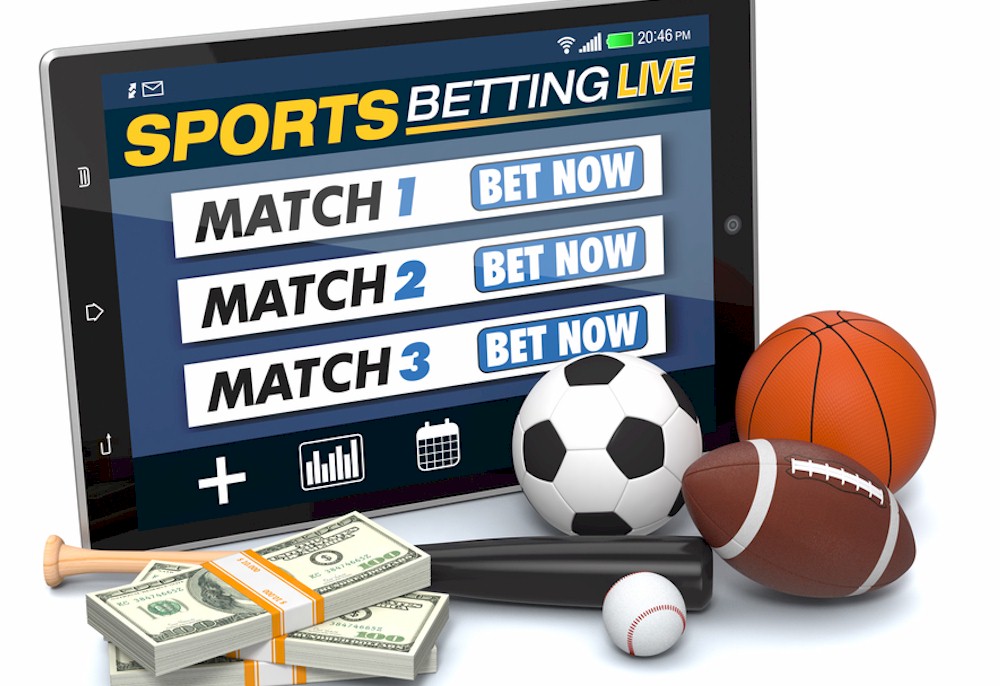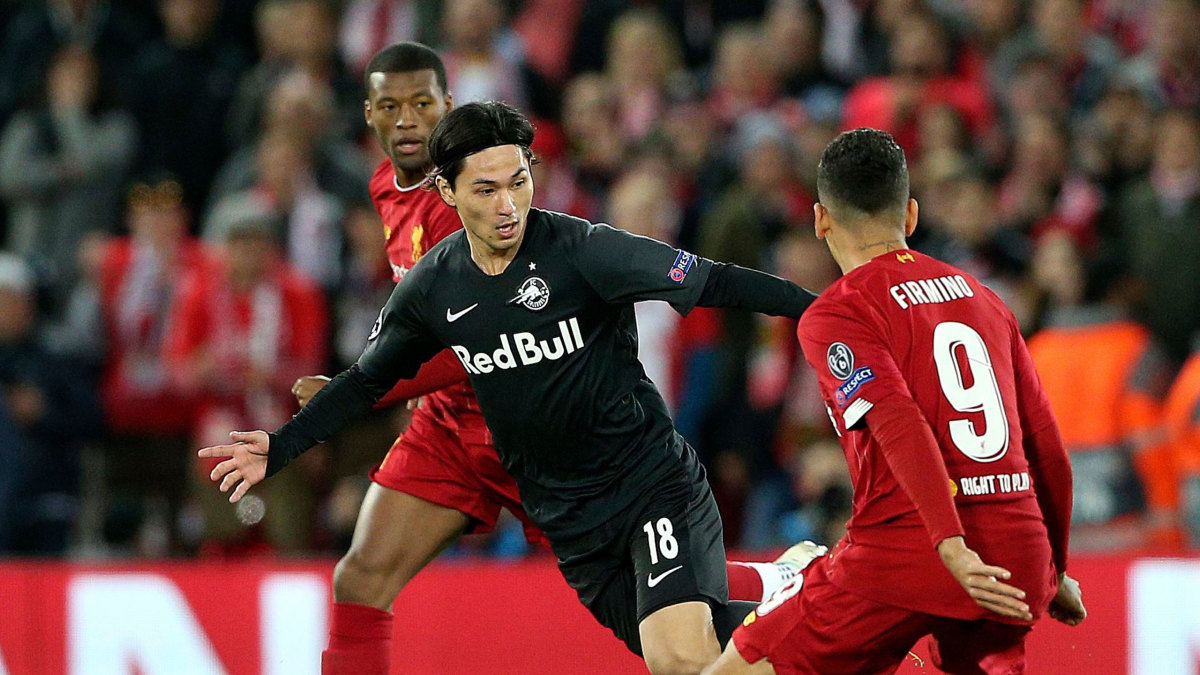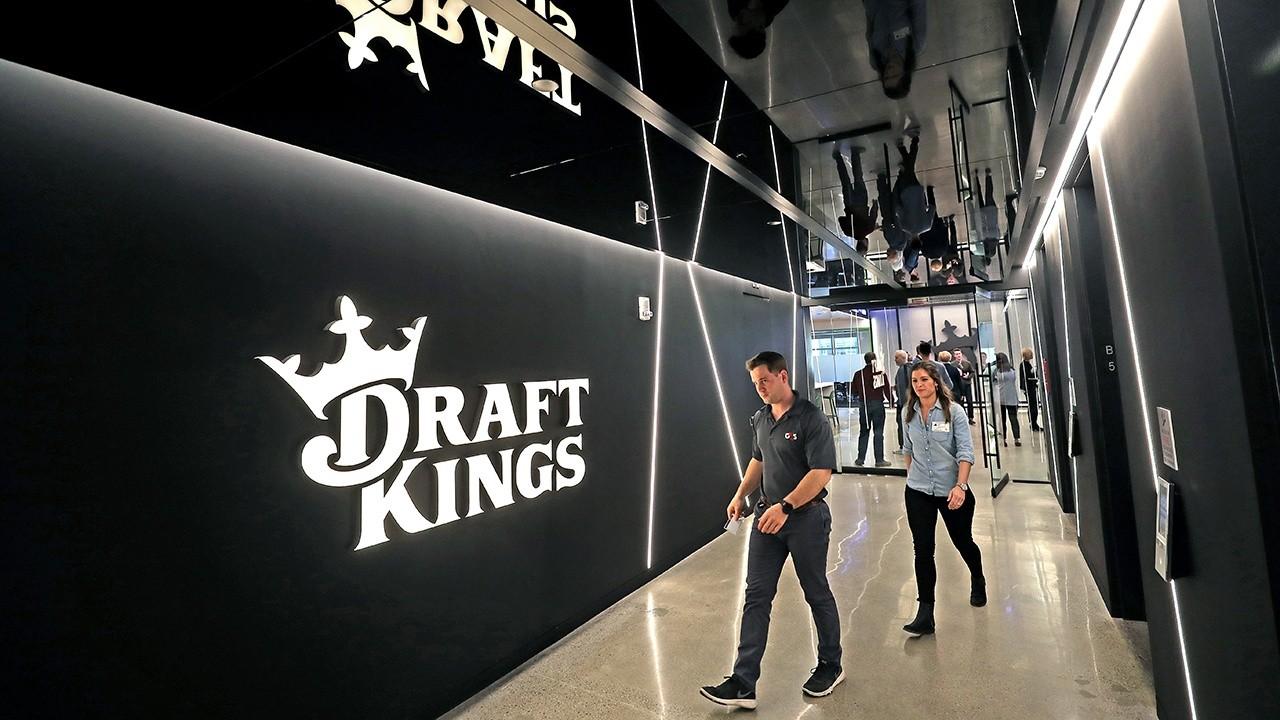Gambling Sports Terms
Mobile Gambling A form of gambling that allows users to play games of chance or skill for money by using a remote device such as a tablet computer, smartphone or a mobile phone with a wireless internet connection. Money Line In sports like baseball, soccer and hockey, there are so few goals scored that it would not make sense to offer a spread.


Double Chance – This is a European sports betting term mostly used for soccer betting. A double chance wager allows the bettor two opportunities to win a bet. For example, a result in soccer can be a win, loss, or tie. A double chance bettor may combine two of the three results instead of just one. Glossary of Sports Betting Terms. There’s a fair amount of slang and jargon used in sports betting. It is really useful to understand what these words and phrases mean, so we have compiled this sports betting glossary to help. You don’t necessarily need to learn all these terms, but you may like to use this glossary as a reference tool for. 9 Sports Gambling Terms Every Guy Should Know. January 14, 2011. By Howard Cosmell. Writer for Total Pro Sports Since July 21, 2010. On Monday, when your friends are regaling you with their.
Online sports betting can be a great way to place wagers on your favorite teams and competitions. However, if you’re fairly new to online gambling or sports betting in general, there may be a lot of terms that you’re unfamiliar with. Before you jump into betting on your favorite sports, our gloassary a look at some of the terms you’ll want to learn.
Against the Spread: A team’s record against the point spread, rather than their official record in competition. This record gives bettors a better idea of what a team has accomplished in relation to the odds placed on them.
American Odds: Odds used to tell punters the payouts on a given bet. In American odds, favorites are listed with negative numbers, while underdogs receive positive numbers, and all numbers are based on a hypothetical $100 bet. For instance, odds of -150 mean that you must bet $150 to win $100, while odds of +150 mean a $100 bet would win you $150. Most online gambling sites will allow you to choose which odds format you prefer to display.
Bookie: Slang for a bookmaker or sportsbook. This term is frequently used to refer to illegal operations rather than regulated bookmakers.
Bookmaker: An individual or organization that sets odds and takes bets on sporting events. Also known as a sportsbook or a bookie.
Chalk: A favorite, particularly one that is a large favorite over the competition.
Cover: To win against a point spread. For instance, a team favored by seven points would cover if they won by eight points or more.
Decimal Odds: The odds most frequently used in Australia and continental Europe. These odds tell you the ratio of your bet that you will end up with should you win the bet. For instance, an even money bet will have decimal odds of 2.00, as winning your bet will mean you receive your bet back and receive the same amount in winnings, doubling your initial investment.
Dime Line: A bet in which the relative odds (expressed in American odds) on the favorite and underdog only differ by 10 points. For instance, the odds on the favorite may be -125, while the underdog pays +115. Dime lines and nickel lines are popular promotions at Internet gambling sites.
Early Line: The first line posted by a bookmaker on a sporting event.
Favorite: The team or player that is expected to win a sporting event.
Field: A group comprising all options that are not otherwise available for betting. For instance, in a golf tournament, there may be individual betting options on a limited number of players with a higher chance of winning, along with a 'field' bet that covers all other players participating in the tournament.
Fractional Odds: The popular form of expressing odds in the UK. Odds are expressed as a fraction that represents the size of the potential win should a bet win. For instance, an even money bet may be listed as 1/1 (or 'evens'), while a bet that pays +200 in US odds or 3.00 in decimal odds would be listed as 2/1 in fractional odds.
Futures: Bets on the outcome of a league or competition well before the end of that competition. For instance, players may place a future bet on the winner of the Super Bowl at the start of the NFL season.
Head-to-Head Betting: A bet on which of two competitors will perform better in a competition. This is common in golf or auto racing, and guarantees that one side of the bet will win (or the result will be a push), as in a game or match between two teams.
In-Play Betting: Bets that are made during a competition that is in progress. These bets are typically on the outcome of the event, with odds changing based on what is happening in the competition. Smaller bets on events during the game or match are also possible. In-play betting is most common at online gambling sites.
Juice: Also known as the vigorish (or vig), this is the edge built into the odds by the bookmaker. For instance, on an even bet, the 'fair' odds on both sides would be +100 in American odds. However, after the vig is applied, the odds on each side may be -105 or -110 instead.
Money Line: A line that expresses the odds that will be paid out if a player or team wins an event.

Nickel Line: Similar to a dime line, but with only five cents of juice. For instance, while dime lines on a contest may be -125 and +115, the same contest with a nickel line might have odds of -122 and +117. As with dime lines, nickel lines are often offered as a part of online gambling promotions.
Over/Under: Also known as totals betting, this bet is on the total number of points, goals, or runs scored by both teams in a game. Players may bet that the final number will be over or under the posted line.
Parlay: A group of bets that must all win in order to pay out to the player. These bets are more difficult to win than bets on single events, but also pay out at higher odds. These bets are sometimes called accumulator bets.
Pick’em: A point spread term for when neither side is listed as a favorite or an underdog. Instead, this works essentially as a money line bet with the posted odds paying out if you pick the winning side.
Point Spread: A method of handicapping bets so that both sides of the bet have close to equal chances to win. The favored team will 'give' points to the underdog, with the favorite being required to win by more than that number of points in order to win the bet. Meanwhile, the underdog can win the bet even by losing, if they lose by fewer points than the listed point spread. For example, if Team A is favored by 5.5 points over Team B, a bet on Team A will win if they win by six or more points; a bet on Team B will win if they win the game or lose by five points or less.
Prop Bet: A bet on anything not directly related to the outcome of a game. These bets can cover things like the performance of a single player, the results of a pregame coin toss, or who will be the first player to score. In internet gambling, prop bets are commonly offered on large events such as the Super Bowl.
Punter: Another term for a bettor, one that is especially popular in the UK and Australia.

Push: A bet that results in a tie. In most cases, a push means that the bettor will receive their money back, though pushes may have different effects on parlay bets.
Teaser: A bet in which players can receive a better point spread than the one posted as the official line. In exchange for the teaser, players are usually required to bet on multiple games, and will receive less favorable payouts than on a normal parlay bet.
Underdog: A team or player that is not expected to win an event, and thus pays out at higher odds.
On Monday, when your friends are regaling you with their stories of wagering on feats of athleticism, you needn’t sit there like a wallflower, smiling and nodding. You should have at least a functioning vocabulary of gambling terms so that you can criticize your friend’s decisions in hindsight. That’s not something you want to miss out on. Some of these may be familiar, some may be new, but having a working knowledge of this list is a great stride towards a gambling addiction. No more smiling and nodding. Get in the game.
9. Parlay
An umbrella bet that relies on winning all of several smaller bets. If I parlay Golden State and San Antonio (assume they’re both favorites), that means I’m betting on Golden State in their game to cover the spread and San Antonio to cover the spread in their game. If they both cover, then you win the parlay and get a larger payout than if you would have just bet on one game. However, if either team fails to cover, the bet is lost. The odds of winning your bet are worse, so the payout goes up. You can parlay as many bets together as you would like, but the more you parlay, the less likely you are to win your bet. You can also parlay spread bets with over/under bets or prop bets.
8. The Spread
The expected margin of victory of the favorite over the underdog. If the spread is 9, and St. Louis is favored over Tampa Bay, then the expectation is that St. Louis will beat Tampa Bay by 9 points. Your spread bet will be based on that expectation. You can bet on Tampa Bay, which means that you expect Tampa to lose by less than 9 or win outright (Tampa +9), or you can bet on St. Louis to win by more than 9 (St. Louis -9). If St. Louis wins by exactly 9, then the bet is a push (a gamblers word for a tie) and you get your money back.

7. Over/Under
This one’s pretty easy. Whereas the spread concerns the bettor with who will win or lose and by how much, the over/under simply serves as the expectation of how many points both teams will score. An over/under of 65 means that expectations are the sum of both teams’ final scores to be 65. You can bet the under, meaning you expect the actual total to be less than the expectation, or the over, which means you expect it to be more than the expectation. It’s perhaps the simplest type of wager in sports.
6. Tease
A tease is a type of parlay, but the payout is less because the bettor gets more favorable betting terms. For instance, if you tease Seattle to cover against Oakland with the over, then the line would get reduced (say from 5 points to 1) and the over would get reduced by 4 points as well, say from 53 to 49. This makes winning the individual bets easier, but it doesn’t pay as well because of the favorable terms.
Sports Gambling Terms And Phrases
5. Money Line
This is the bet you make if you just want to pick the winner and loser, regardless of the point differential. Of course, when New England is playing Cleveland, the outcome isn’t exactly 50/50, so there still needs to be an adjustment. And that adjustment comes in the form of the payout. If NE is favored -160, that means you need to bet 160 bucks to win 100. If CLE is the underdog at +145, that means that you bet 100 on Cleveland to win 145. Is it needlessly confusing? Yup. But good luck trying to change it.
4. Prop Bet
A prop (proposition) bet is any bet that’s not on the final score, but on a particular aspect of the game. A prop bet could be anything from the number of three point shots Kobe Bryant attempts in a game to how many combined onside kick attempts both teams will have. Prop bets can also be more conventional, like odds on whether or not LT will break 100 yards rushing in a game. These are rarely put on the screen in sports books, but rather listed on fliers near the cage.
3. Buying Points
Buying points entails paying cash up front to get a more favorable line for the team you wish to bet on, regardless of whether they are the favorite or the underdog. The amount a point costs varies from the size of your bet and the nature of the line, so no hard and fast rules exist.
Gambling Sports Terms Crossword
2. Hedging
Hedging generally means betting both sides of a line (not at the same time) so that you can lock in a smaller victory, but remove all (or some) risk. For example, lets say you’re betting on the Master’s, and you pick Tiger to win the tourney. Then on day three, he gets a huge lead, and you can now bet the field at better odds with the same amount of money. Either way, you will make more than your original bet and your risk will be eliminated or mitigated. However, by hedging you will make less than your original bet would have paid had you not hedged.
1. Taking the Points
This refers to betting on the underdog of a match when betting the spread. If the spread on Buffalo vs. Philly is Buffalo -7 (Buffalo favored by 7 points), then by taking the points, you are betting that Philly will lose by less than 7 (or win). Simply put, taking the points means betting on the underdog.